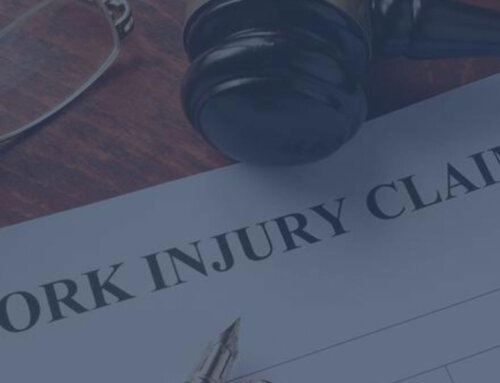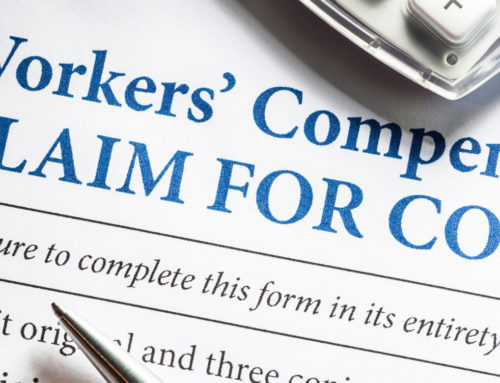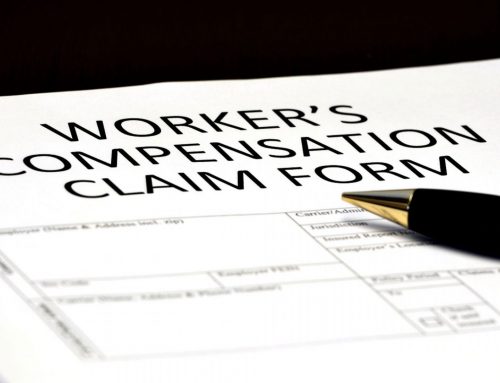There are two fundamental requirements for workers’ compensation eligibility. You must have a workplace injury and be an eligible employee.
1. You Must Be Injured
The first requirement is quite obvious: you must have a workplace injury. This requirement sounds deceptively simple. Most people assume one of the following:
- “I was injured on work property, and therefore, I have a workplace injury”
- “I wasn’t on work property when I was injured, so I do not have a workplace injury”
Don’t be so quick to judge your situation.
Under Minnesota workers’ compensation law, a workplace injury does not always mean that the injury happened at your employer’s property or primary place of business. It may occur off-premise. The opposite is also true. Sometimes an injury that occurred at your workplace is not a compensable injury (a “compensable injury” means an injury that is covered under workers’ comp).
However, if you are an injured worker and the injury occurred while on the clock or at your workplace, that is a good indicator that you need to report your injury to your employer and file for workers’ compensation benefits. The worst mistake you can make is assuming that your injury is not covered, and then be stuck with thousands of dollars in medical bills for an injury that work comp should have covered.
If your employer or its insurer tells you that you don’t have a workplace injury, a compensability injury or they simply deny your claim, get in touch with a workers’ compensation lawyer as soon as possible. Remember, the workers’ comp insurer is trying NOT to pay you.
2. You Generally Must Have an Employee-Employer Relationship
The second requirement also seems deceptively simple. You usually must be in an employer-employee relationship. This means that if you are a volunteer, independent contractor, etc., that you may not be eligible for benefits.
However, don’t be too quick to judge here either. To determine whether you are eligible for workers’ compensation, you need to look beyond the labels your employer gives you.
A great example of how labels don’t necessarily make or break your case are the recent rulings relating to Uber. You may remember a few years again that it was headline news that California’s labor commission decided that Uber drivers are employees. Uber considered its drivers to be independent contractors, but the commission looked past the label the company gave the drivers and looked at what the day-to-day job really looked like.
The Uber decision was not a workers’ compensation case, but the legal evaluation of whether there is an employer-employee relationship is similar. Simply put, do not be led to believe you are not eligible for Minnesota workers’ compensation simply because your employer or its insurer says you are not covered.
Taking Action: What Should You Do Now?
When it comes to workers’ compensation, your employer and its insurer are not on your side. Even the best of employers will work hard to keep costs down, and we all know that insurance companies will fight tooth and nail to avoid paying claims.
Your health is too important to let your employer and its insurer make decisions for you. Take these next steps to help protect yourself:
- Report your workplace injuries to your employer as soon as possible.
- Don’t wait to seek medical attention. Take care of yourself!
- Get informed about your rights. This is one area where a workers’ comp lawyer is helpful.
- Determine if you need a workers’ compensation attorney. After a workplace injury, it is never too early to speak with an attorney. Even if your claim has not been denied, having a lawyer can keep things moving quickly and keeps the insurer on their toes. Many employees find that the insurance company tries to jerk them around. A works comp lawyer can address these issues.
Minneapolis Work Comp Lawyer
If you are interested in obtaining a workers’ comp lawyer, we offer free consultations. At 612-INJURED, we have an experienced team of workers’ compensation lawyers ready to discuss your case. Call or text us at (612) 465-8733 to schedule one. Let us fight for your rights!













